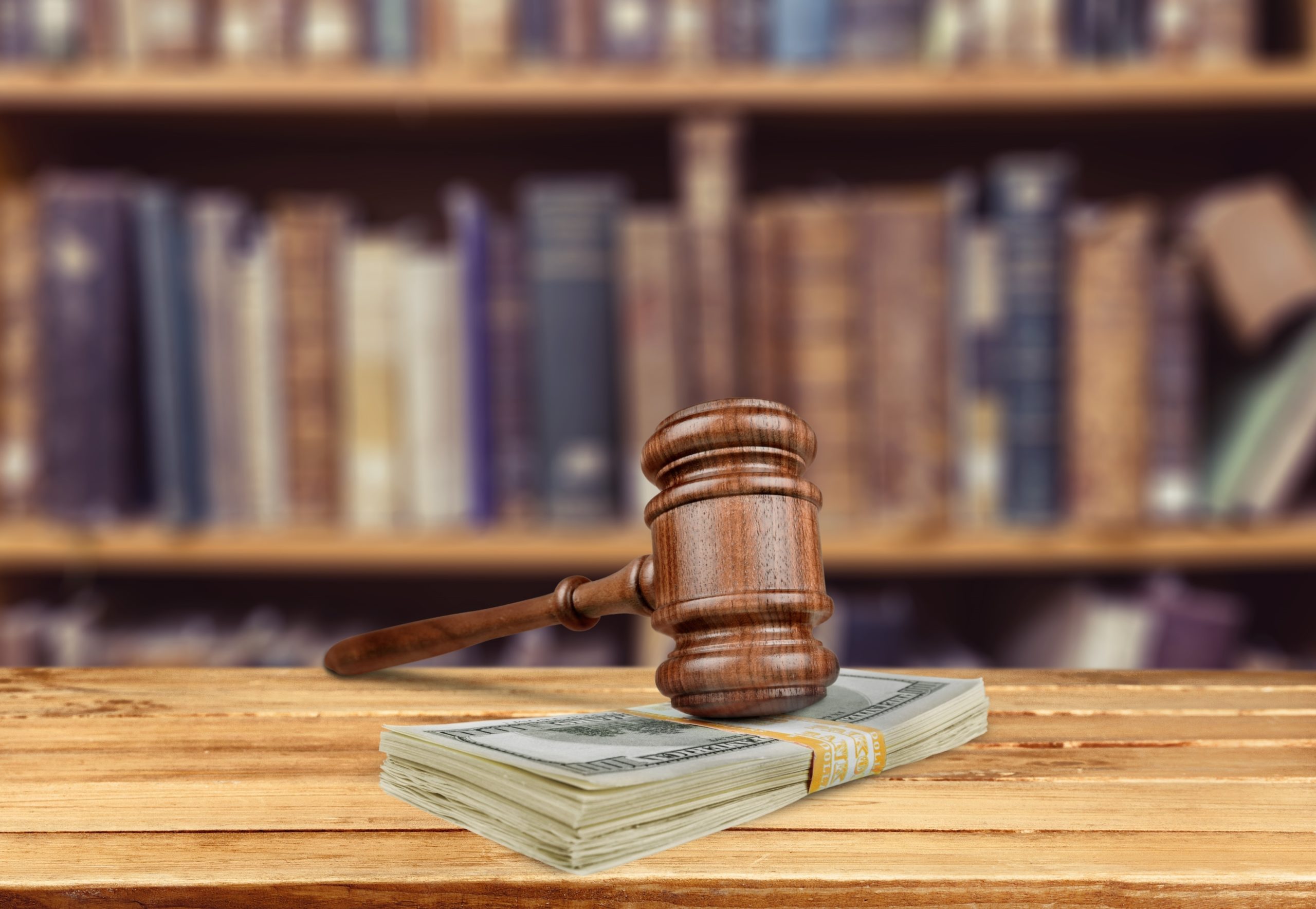
Determine if your Case Merits a Punitive Damages Award
Although the goal of the law is generally to compensate plaintiffs for their injuries, a plaintiff may be awarded punitive damages as a way of punishing the defendant and preventing similar conduct in the future. In this regard, punitive damages are separate and distinct from compensatory damages, which compensate victims for financial losses suffered due to the defendant’s actions.
When a civil lawsuit is brought to court, the party filing the lawsuit usually seeks an award of damages against the person being sued. Punitive damages may be awarded in cases where aggravating circumstances merit a need to penalize, punish, or deter a defendant.
The purpose of punitive damages is not to compensate the plaintiff, but to severely sanction the defendant and deter him or her from future egregious behavior.
The New Jersey Punitive Damages Act, N.J.S.A. 2A:15-5.9, limits punitive damages to five times the amount of compensatory damages awarded or $350,000, whichever is greater – except in specific cases involving public policy and social concerns.
Under the Act, punitive damages may be awarded to the plaintiff only if he or she proves, by clear and convincing evidence that the harm suffered was the result of the defendant’s act of actual malice.
Examples of conduct that would merit punitive damages include:
- Malice
- Fraud
- Wantonness
- Oppression
- Willful misconduct
- Specific intent to cause harm
- While under the influence of alcohol and/or drugs
When it comes to New Jersey wrongful death lawsuits, punitive damages are not available in all cases. They are only awarded when the defendant’s behavior was intentional or he or she acted with reckless disregard for another person’s life. In addition, punitive damages are not always awarded. Instead, a jury may, at its discretion, decide on an award when they feel it is warranted by the defendant’s actions. In determining the amount of punitive damages the jury must consider all relevant evidence including, but not limited to, evidence of:
- The likelihood that serious harm would arise from the defendant’s conduct
- The defendant’s awareness or reckless disregard of the likelihood that such serious harm would arise from his or her conduct
- The conduct of the defendant upon learning that his or her initial conduct would cause harm
- The duration of the conduct or any concealment of it by the defendant
The jury must take into consideration the profitability, if any, of the misconduct to defendant, when the misconduct was terminated, and the financial condition of the defendant or his or her ability to pay the punitive damages award. They must make certain that there is a reasonable relationship between the actual injury and the punitive damages.
Finally, punitive damages may be available in some maritime injury cases when a sailor is involved in an on-the-job accident. Under the Jones Act, an employer may automatically be held liable for punitive damages for arbitrarily denying payment of maintenance and/or cure benefits.
If you were injured in an accident caused by egregious conduct, you may be entitled to punitive damages. An experienced personal injury attorney can help you determine whether your case merits a punitive damage award in addition to the compensation you should recover for your injury. Contact an experienced law firm and discuss your case today.

















